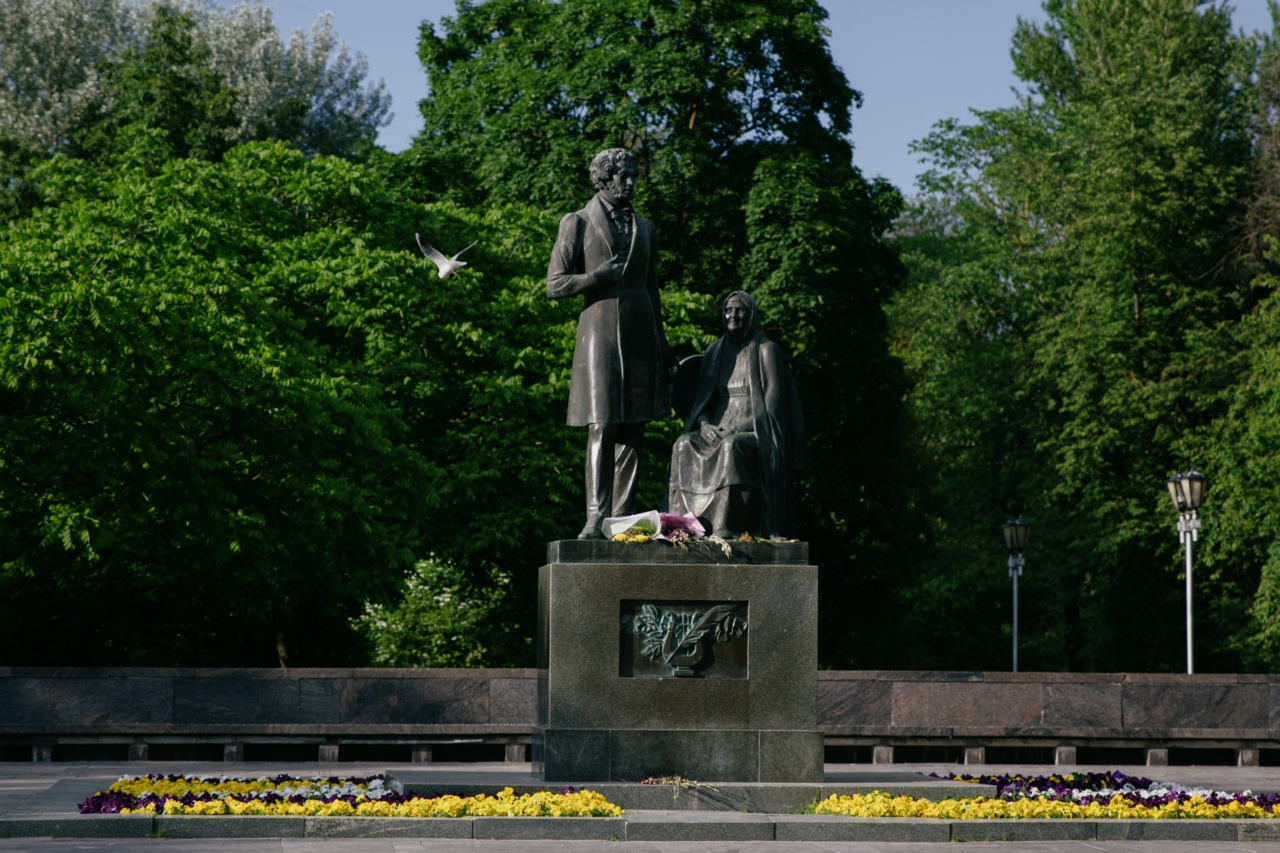In a world where technology is evolving at an alarming pace, everything seems to be possible. Decoding the human DNA was one of the biggest breakthroughs in recent years.
But what if it could be used to brew a perfect cappuccino? Well, it may sound crazy, but some scientists have decoded the DNA of coffee beans to produce a perfect cup of coffee. This article explores the story of how they decrypted his DNA…cappuccino!.
The Science of Coffee
Coffee is more than just a beverage; it is a way of life. Millions of people around the world consume coffee every day.
But did you ever stop and think about what makes a perfect cup of coffee? It is not just about the beans; it is also about the way they are roasted, brewed, ground, and served. The chemical compounds that give coffee its unique aroma and flavor profile are the result of a complex interplay between genetics and environmental factors.
Decoding the DNA of Coffee Beans
Since coffee is such an integral part of our daily lives, it is only natural that scientists are trying to unlock its secrets. One of the most exciting developments in this field is the decoding of the DNA of coffee beans.
This has been a massive undertaking, requiring a tremendous amount of resources and collaboration between scientists worldwide.
The first step in this process was to obtain the genetic blueprint of the coffee plant. This involved sequencing the entire genome of the plant, which is a highly complex task.
Scientists from all over the world worked together to map the coffee plant’s genetic code, which is more than one billion base pairs long.
Once the genetic blueprint was obtained, the scientists had to identify the genes responsible for producing the chemicals that give coffee its aroma and flavor.
This involved a process called gene expression analysis, which involves looking at the activity of genes at the molecular level. After a thorough analysis of the coffee plant’s genetic code, the scientists were able to identify the genes responsible for producing the chemicals that give coffee its unique flavor profile.
Creating the Perfect Cappuccino
Once the scientists had decoded the DNA of coffee beans and understood the chemical compounds responsible for its unique flavor, they set out to create the perfect cappuccino.
This involved synthesizing the chemicals responsible for coffee’s aroma and flavor profile in the lab and then adding them to coffee beans to create the perfect cup of coffee.
To test their theory, the scientists brewed a cup of coffee using the newly synthesized chemicals and compared it to a cup of coffee brewed from regular beans.
The results were astonishing; the coffee brewed using the synthesized chemicals had a richer, more complex flavor profile than the regular coffee beans. The scientists had successfully produced the world’s first DNA-decrypted cappuccino.
Implications for the Future
The decoding of the DNA of coffee beans has far-reaching implications for the future of the coffee industry. It opens up the possibility of creating coffee beans with custom flavor profiles tailored to individual preferences.
It may also lead to the creation of entirely new coffee varieties with flavor profiles that have never been seen before.
Apart from the potential impact on the coffee industry, the DNA decoding technology used in this research can be applied in various fields. The technology can be used to decode the DNA of other plants and animals and unlock their secrets.
It can also be used in the development of new medicines and treatments for diseases.
The Future of Coffee
It’s clear that the future of coffee is exciting, with limitless possibilities. We may see entirely new flavor profiles and coffee varieties created using DNA decoding technology.
Who knows, we may even see coffee beans that can be tailored to individual preferences and brewed to perfection every time. One thing is for sure, with the advances in technology, we are yet to fully explore the potential of coffee and its intricate DNA.































